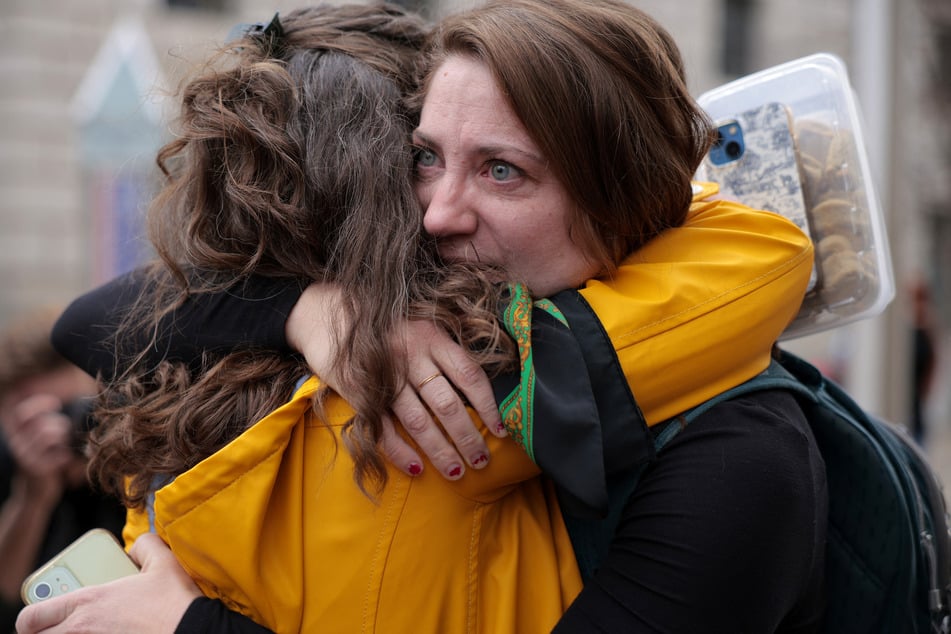US HIV fund halt may cost South Africa 500,000 lives over 10 years, says foundation
Johannesburg, South Africa - A halt in US funds to South Africa's HIV/AIDS programs could lead to more than 500,000 deaths over 10 years, the head of the Desmond Tutu HIV Foundation said Thursday.

"We will see lives lost," the foundation's chief operating officer Linda-Gail Bekker told reporters after South African groups were notified that their USAID grants had been canceled.
"In excess of half a million unnecessary deaths will occur because of the loss of the funding, and up to a half a million new infections," Bekker said, citing studies modelling the potential impact of the funding cuts.
South Africa has one of the highest rates of HIV in the world, with around 13% of the population or 7.8 million people HIV positive, according to government data.
It is one of the largest recipients of funds from the US HIV/AIDS response program called PEPFAR, a project launched in 2003 and now paused by the funding freeze.
South African organizations that receive funds through USAID said they had received letters from the US State Department overnight saying their grants had been ended.
The notices reportedly said the grants did not align with US priorities and were "terminated for convenience and the interest of the US government."
"We are anticipating deaths. We can't afford to die," Sibongile Tshabalala, an activist openly living with HIV, said at the media briefing.
"We are facing a situation of chaos and disaster," said Fatima Hassan of the Health Justice Initiative.
The health ministry last week launched a campaign to have more than one million people who are living with HIV on treatment by the end of next year.
The United Nations' UNAIDS agency lauded the initiative and said it will work with the government to ensure the continuity of HIV services.
Cover photo: Chip Somodevilla/Getty Images/AFP CHIP SOMODEVILLA / GETTY IMAGES NORTH AMERICA / Getty Images via AFP
